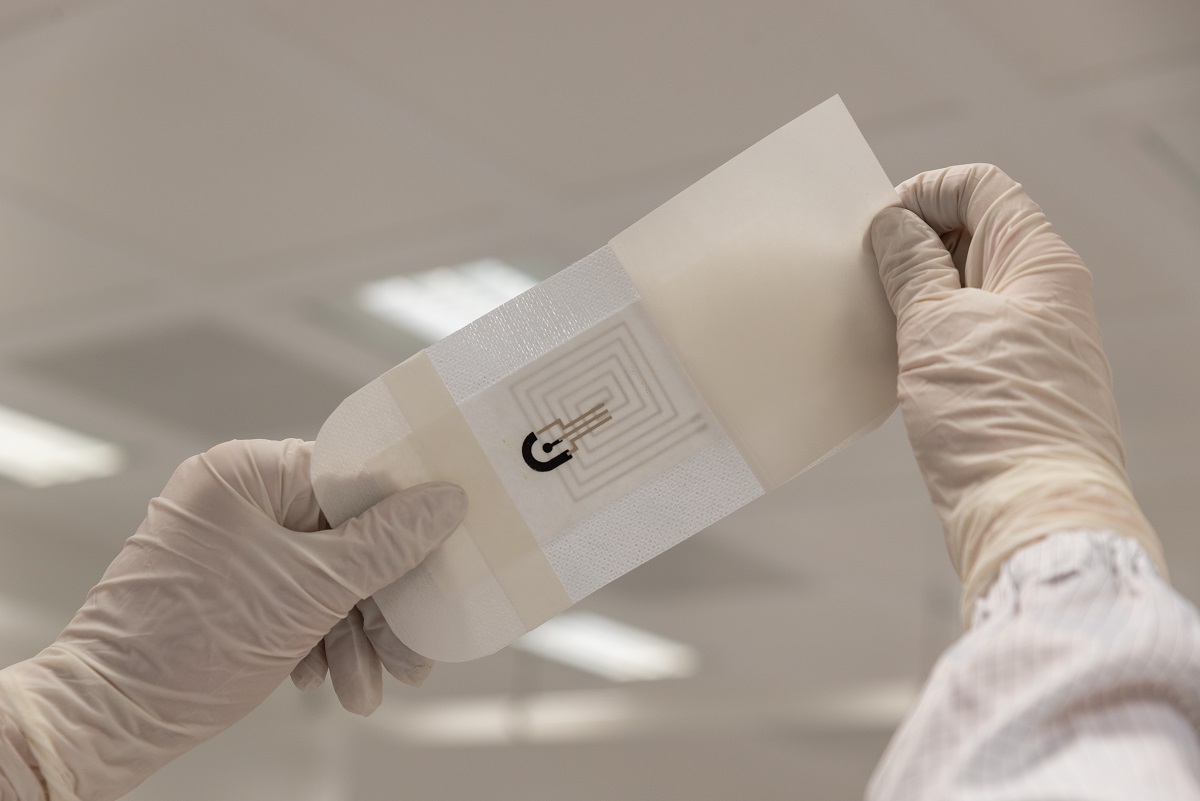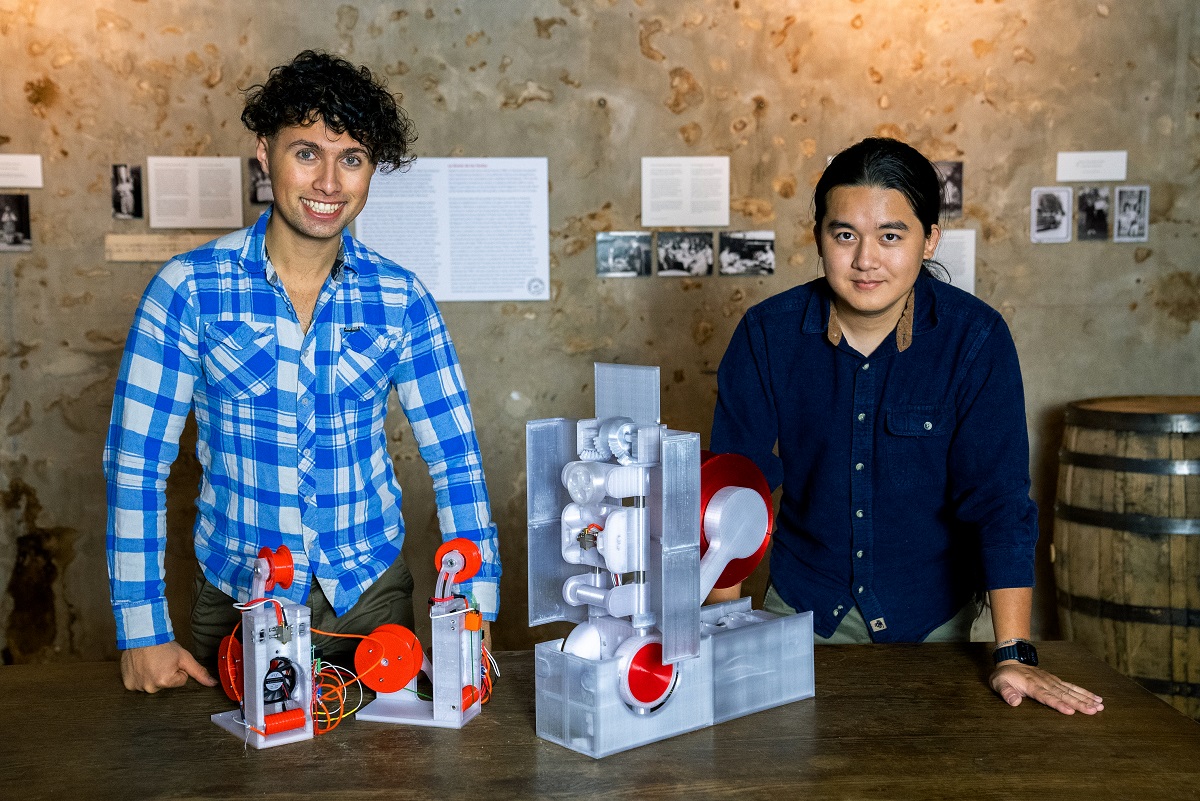A smart PH sensor for dressings, designed to change the way wound healing and infections are assessed, has been named the International Winner of the 2022 Global James Dyson Award.
SmartHEAL addresses an underfunded, poorly understood and under recognised health issue. Wound healing and infections affects approximately 450,000 Australians at any time, costing the health system around $3 billion each year, according to data from the Australian Medical Association
“We’ve all nervously peeled back a dressing or plaster to see what is happening underneath. SmartHEAL, a smart dressing, has won the International James Dyson Award because it provides doctors and patients with a key piece of data – the pH level – that can tell them how a wound is healing,” Dyson founder and chief engineer, Sir James Dyson said.
“This can improve treatment and prevent infection, saving lives. I hope the Award will give the team impetus to proceed down the tricky path towards commercialisation.”

On winning the James Dyson Award International prize, the SmartHEAL team (Tomasz Raczyński, Dominik Baraniecki and Piotr Walter) said, “We are super excited to be the International Winners of the James Dyson Award this year. This is and will be a great opportunity for us to become a part of something bigger, something that hopefully can change the world. We strive to refine our prototype, obtain a patent and pass the necessary clinical trials to commercialise SmartHEAL”
SmartHEAL is one of two global winners of The James Dyson Award, each receiving $55,000 and one runner-up receiving $9,000 in prize money to support the next stages of their inventions.
Taking out the second global award, in the Sustainability category, was Polyformer, a low-cost machine specifically designed for developing nations, that turns plastic bottles into 3D printer filament. This not only provides easier access to cheap, high-quality 3D printer filament but encourages people to recycle and use the output productively.

The Polyformer inventors, Swaleh Owais and Reiten Cheng said, “It is a great honour to be the James Dyson Award 2022 Sustainability winner. We are using the prize money to deploy several Polyformers and Polyformer-Lites at our partner makerspaces in Rwanda. With these machines, local students, designers, and makers in Rwanda will have access to low-cost 3D printer filament. This means they can use their community’s 3D printers more frequently.”
Runner-up was awarded to, Ivvy, a wearable device which replaces the cumbersome intravenous drip pole, currently used in hospitals, improving comfort and mobility for patients especially those under in-home medical care.
This year’s James Dyson Award Australian National Winners were RMIT University students, Fergus Davidson, Maireid Carrigg and Maneet Singh.
Their design, AirLift is a pneumatic patient transfer device which assists at-home healthcare workers. Through research, the young inventors found that at-home healthcare workers were often left to independently reposition patients, subjecting their bodies to high levels of strain. While there are other products on the market that look to address this, they are often expensive and bulky, or require multiple healthcare workers to utilise the product.
Inventions in the healthcare industry continued to shine through in Australia. The national runners up in this year’s competition were Wound, a non-invasive Vagus Nerve Stimulation device that helps stop internal bleeding, and Frankie Chair, a functional mobility chair.
Feature image: SmartHEAL team – Tomasz Raczyński, Dominik Baraniecki and Piotr Walter.

